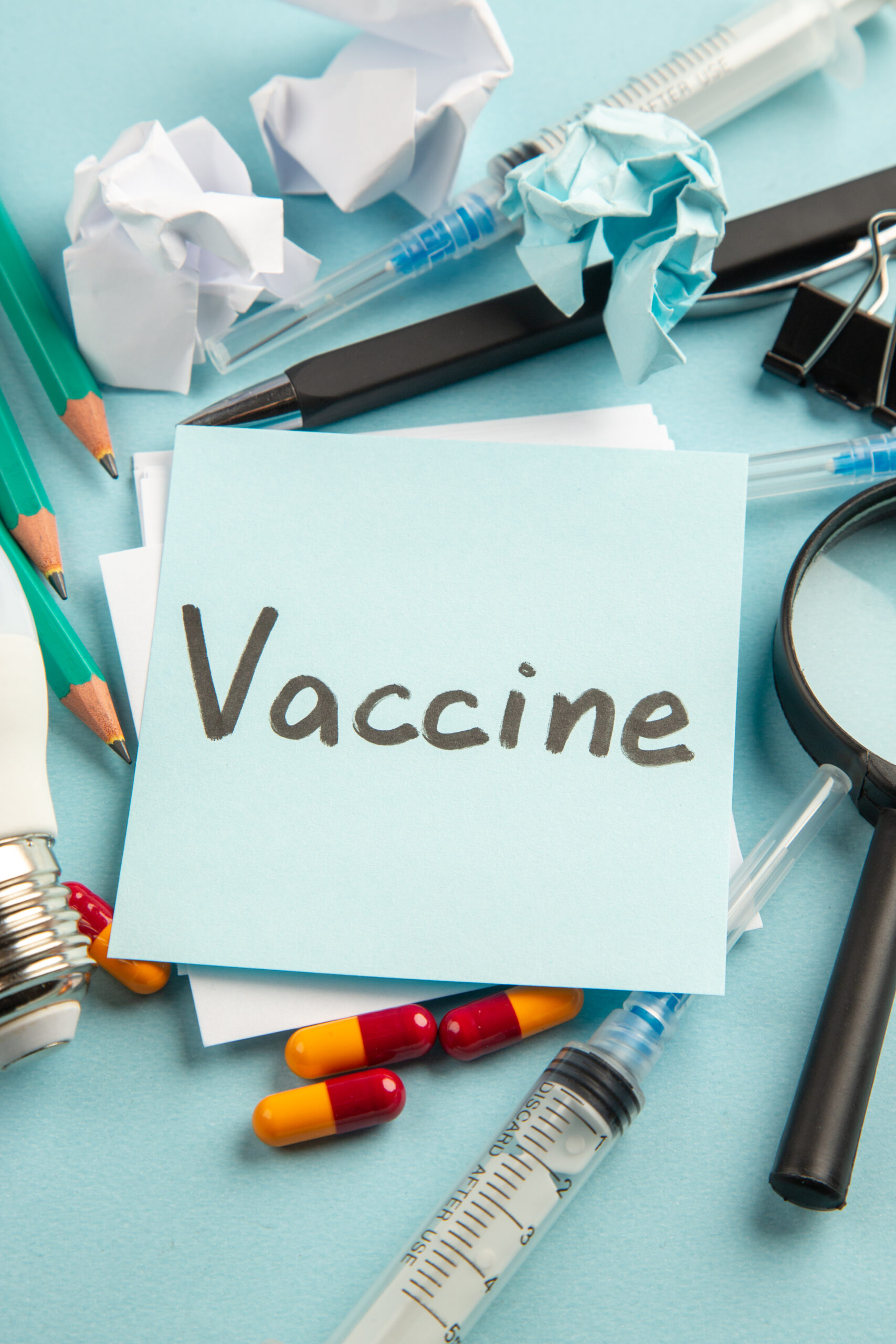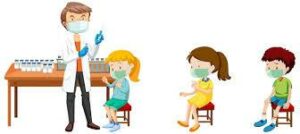What are Vaccines?
- Dr Owais Rafiq
- September 28, 2023
- 8:52 pm

Vaccines are one of the most remarkable achievements in the field of medicine, safeguarding millions of lives by preventing the spread of infectious diseases. Over the course of history, vaccines have evolved from ancient practices to sophisticated scientific breakthroughs.

From Ancient Remedies to Modern Vaccines:
The concept of immunization dates back thousands of years, with early civilizations using various techniques to protect against diseases. For instance, Chinese documents from the 16th century describe the practice of “variolation” to induce immunity against smallpox. However, it was Edward Jenner, an English physician, who revolutionized immunization in 1796 by developing the first vaccine for smallpox.

What Are Vaccines and How Do They Work?
Vaccines are biological preparations that stimulate the immune system to recognize and fight specific pathogens, such as viruses or bacteria. They are typically made from weakened or inactivated forms of the pathogen, parts of the pathogen, or genetically engineered components. When administered, vaccines train the immune system to recognize the pathogen and mount a rapid and effective response if exposed to the actual infection.
Vaccination vs. Immunization
Vaccination and immunization are often used interchangeably, but they have distinct meanings. It refers to the act of receiving a vaccine, whereas immunization encompasses the entire process of becoming immune to a specific disease through vaccination or natural infection.

Different Types of Vaccines
It can be categorized into several types, including:
- Live attenuated vaccines: These vaccines contain weakened but live forms of the pathogen.
- Inactivated vaccines: These vaccines contain killed pathogens or fragments.
- Subunit and conjugate vaccines: These vaccines use specific components of the pathogen.
- mRNA vaccines: These vaccines instruct cells to produce harmless protein fragments similar to the pathogen.
Each type has its advantages and considerations depending on the disease being targeted.
Vaccines for Children:
Immunization plays a critical role in protecting children from various diseases. Recommended vaccines for children include those for measles, mumps, rubella, polio, diphtheria, tetanus, pertussis (whooping cough), hepatitis B, and Haemophiles influenzae type b. Vaccinating children according to the recommended schedule not only safeguards their health but also prevents the spread of diseases within communities.

The Impact of Childhood Vaccination:
Childhood vaccination has a profound impact on public health by preventing the spread of infectious diseases among children and the wider population. It helps reduce the incidence of serious complications, hospitalizations, and even deaths caused by vaccine-preventable diseases. By providing long-term protection, childhood vaccination contributes to herd immunity, safeguarding vulnerable individuals who cannot receive vaccines due to medical reasons.

Boosting the Immune System:
A robust immune system is essential for maintaining good health. While vaccines help bolster immunity, there are additional measures to support the immune system. These include adopting a healthy lifestyle, eating a balanced diet, engaging in regular physical activity, managing stress levels, and getting sufficient sleep. Taking proactive steps to strengthen our immune defenses enhances our overall well-being and resilience against illnesses.

Wrap up
Vaccines have revolutionized the way we protect ourselves against infectious diseases, saving countless lives worldwide. From ancient remedies to cutting-edge technologies, the history of vaccines demonstrates humanity’s determination to conquer diseases and improve public health. By understanding the importance of immunization and following recommended vaccine schedules, we can collectively strengthen our immune systems and build a healthier future for generations to come.
Disclaimer: This blog provides general information and encourages seeking medical care for specific conditions. It is important to note that this information is not a substitute for medical advice, and we cannot be held responsible for any consequences.
Dr Owais Rafiq
Subscribe to Dr Owais YouTube channel
For parenting advice, child health, symptoms, causes and treatment of illness in children.





